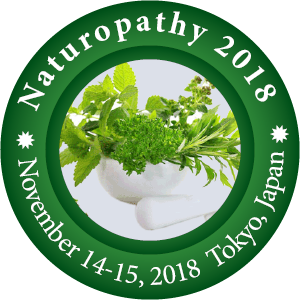
Osmond Onyeka
Holistic Medicare International Ltd Nigeria
Title: The Prospects, Challenges of Integrating Complementary and Alternative Medicine (CAM) into the African Health Care Delivery System
Biography
Biography: Osmond Onyeka
Abstract
1962, Alma Ata, the World Health Organization (WHO) sponsored an international Conference at the University of Kazakhstan, deliberations and understandings in this conference would about two and half decades later build up to the Alma Ata Declaration in 1978, i.e. global strategy for public health and preventive medicine which epitomized as Health for all by the year 2000 AD.
This strategy entailed the use of all available healing methods of both Orthodox, Traditional (TM)-Complementary and Alternative Medicine (CAM) to reach this goal, and has given impetus to the recent global development of CAM & TM.
CAM/TM practices has had an unbelievable global demand and some sort of acceptance that it is becoming an integral part of some country’s Health Care Delivery Services, as Countries like China, India, France, Saudi Arabia and others have at various stages incorporated CAM to their health care delivery system, and their people are just loving it !!
The global upsurge in the demand for CAM services is traceable to the many clients who troop to CAM facilities to seek other healing options.
Concerns raised by clients who have been on long use of some Conventional Medicines/Services include but not limited to-
-Iatrogenesis.
-Life time dependence on medications and other procedures for chronic disease sufferers.
CAM has great prospect in Africa, reportedly about 78% of the African populace rely on TM/CAM practices for their health care needs.
Presently, Nigeria and South Africa are taking the lead in Africa to some extent in the proper structuring of the CAM/TM Systems.
*Increase in optional access to various Therapeutics Modes & Increase in life expectancy rate are some prospects of CAM defined in this work.
The challenges of CAM though daunting are not unsurmountable, i.e.
*Standardization, proper Educational/Professional Structures and others can come to the rescue.

